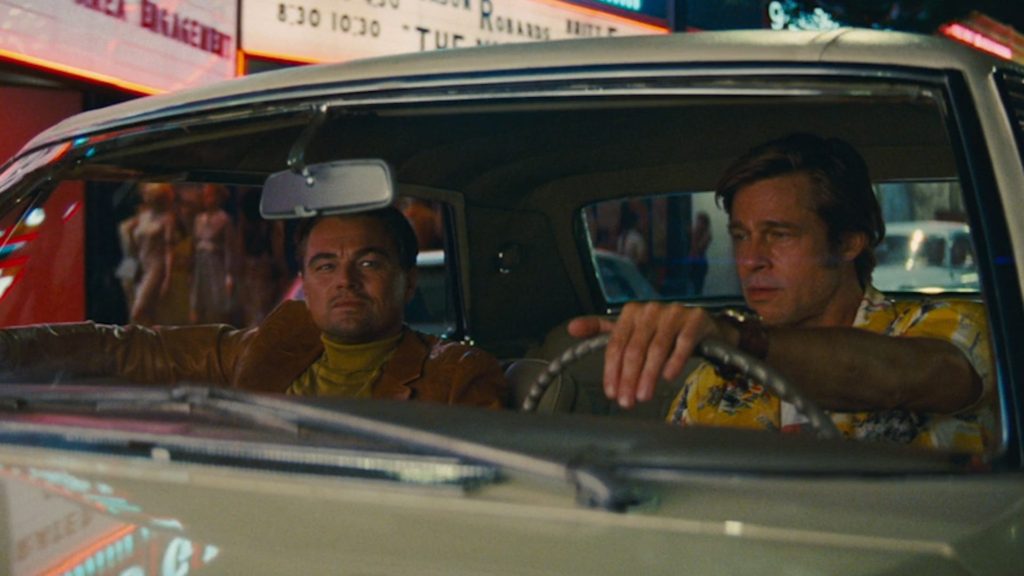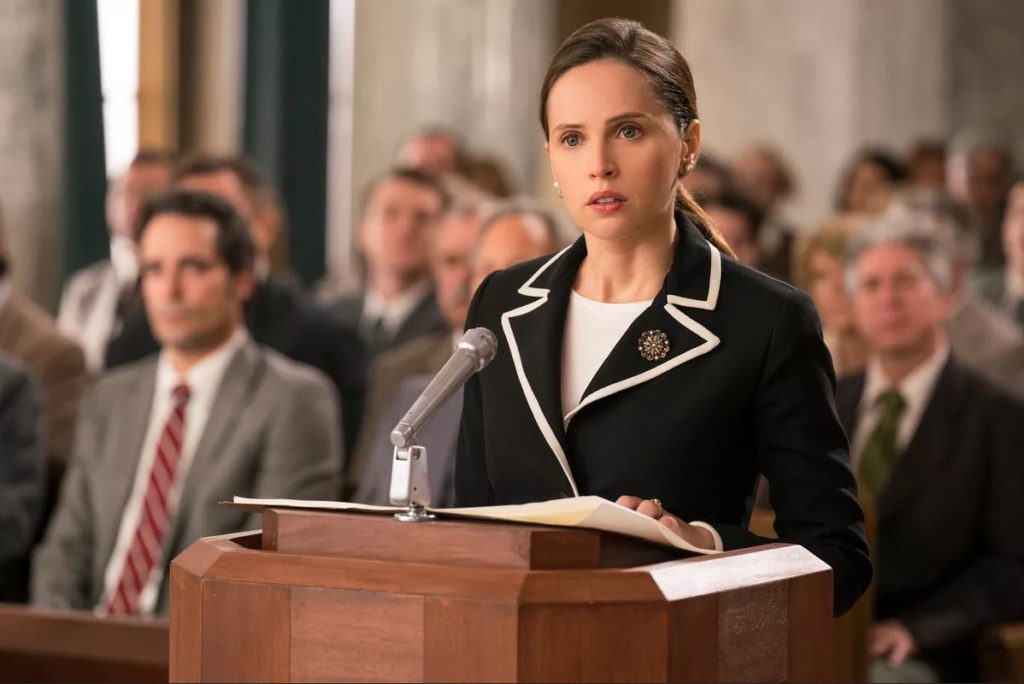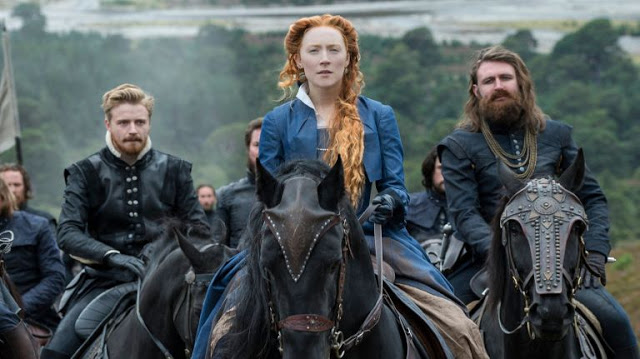Once Upon a Time in Hollywood: To LA, with Love

During one of the many enjoyably languorous stretches in Once Upon a Time in Hollywood, a woman buys a ticket to a movie. Told that the price is 75 cents—one of a million quaint signifiers that this film takes place in 1969—she haggles with the ticket taker, asking if she might receive a discount on account of being in the movie. After proving that she is indeed the picture’s third-billed actor—and after posing for a photo next to its poster—she gains free admittance to the theater, where she skittishly sinks into her seat and dons a pair of giant hoop glasses, eyes darting around the crowd in the sweet, vaguely desperate hope that her fellow patrons might appreciate her performance.
The woman is Sharon Tate, and Once Upon a Time in Hollywood, the bold and beautiful and surprisingly moving new film from Quentin Tarantino, is in some ways about her grisly murder at the hands of the Manson Family. But it is also very much not about that. It is, more principally, a movie about its maker’s love of movies. And while, physically speaking, few would confuse Tarantino with Margot Robbie—the actress who here plays Tate with fizzy, wistful adorability—it’s possible to view Tate as a surrogate for the director, a man who takes immense pride in his work and who also craves validation for his craft. Read More




